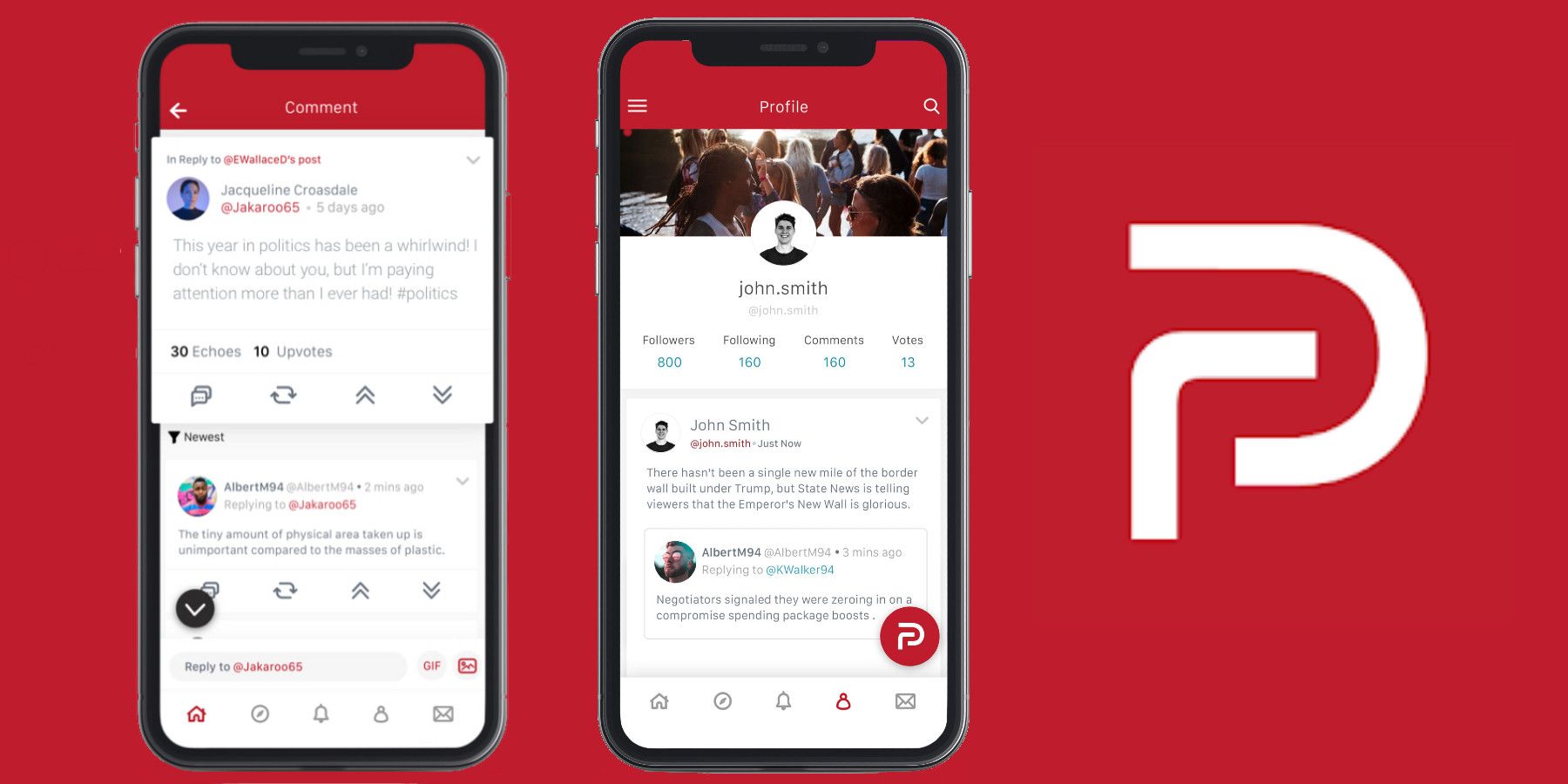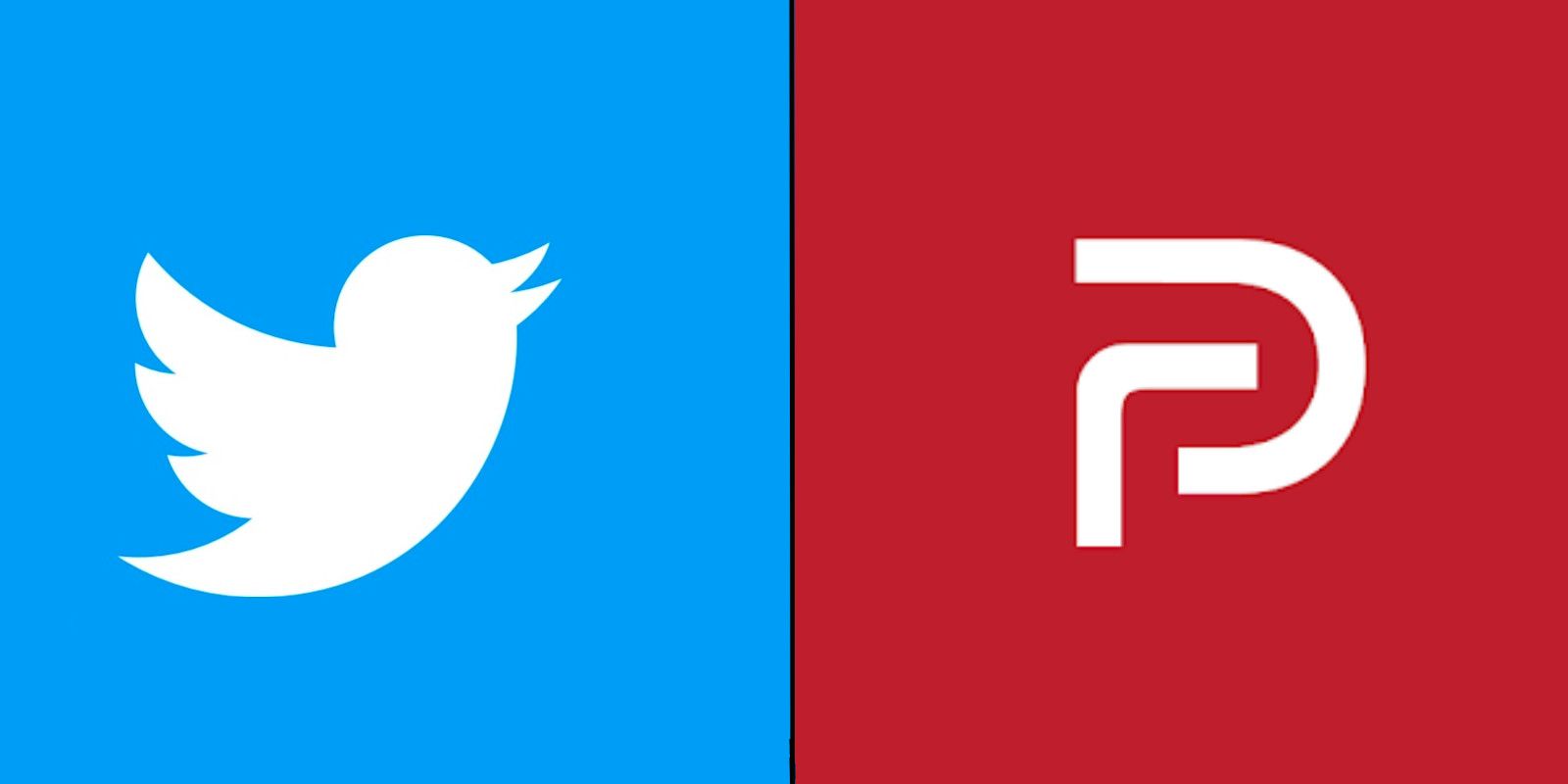
Social media offers like-minded people a way to connect and interact, although some have suggested Twitter is shutting down or limiting voices and as a result, are moving to Parler. Social media platforms have received additional scrutiny lately and this has led to a variety of changes in an attempt to better moderate. For some, this has intensified the debate around social media and censorship.
Twitter has recently been cracking down on posts that have been deemed in violation of its guidelines, especially when it comes to violence or misleading information. Consequently, some conservative individuals have grown increasingly tired of Twitter targeting their posts. From Twitter's perspective, the service appears to recognize the platform’s role as an information hub and therefore, its guidelines have been updated to reflect its current thinking. This has led to some to wonder whether Twitter is the right type of service for them or whether they are better off switching the one of the social media platforms that have launched to cater to different needs.
Parler was founded in 2018, and some are describing in term of an antithesis of Twitter. Essentially, the site runs with the belief that unbiased free speech, with almost no restrictions, can be the basis for an online hub. Additionally, the platform wants to empower users, innovate social media, and build communities. As Parler explains, “Parler accepts your right to express your thoughts, opinions and ideals online.”

Parler appears to be fairly similar to Twitter. Despite the push for users to switch over, the Twitter-alternative is not strictly politics. Instead, hashtags include a variety of topics including games, cryptocurrencies and memes. Users can upvote, comment, or echo (Parler’s version of retweeting) posts. Similar to Twitter, there is a character limit although it is much larger than Twitter’s 280 characters. For example, Parleys - the service's equivalent of Tweets - are capable of including a maximum of 1,000 characters. Users can also include images, GIFs and emojis to add some fun and creativity to their posts, as well as interact one-on-one by taking advantage of the platform’s direct messaging service. There is also a moderation tab, which shows Parler’s transparent content filter method.
It is important to acknowledge that the social media platform respects user privacy, and has pledged not to share or sell information. This is noteworthy because the Twitter-alternative offers a verification service by requiring a user to scan a government-issued identification and upload a selfie. This can help the platform single out fake accounts and recognize real people as legitimate members who are expressing their own ideas. Privacy is also crucial because the platform offers an influence network where members can add their credit card information and tip others.
Some quick observation about the platform is that it promotes itself by making gestures of patriotism to entice users to join. While free speech guides Parler, this does not mean it is a Wild West version of Twitter and there are no guidelines at all. Essentially, the FCC determines what is acceptable on the platform. Additionally, the Twitter-alternative overwhelmingly suggests new members follow conservative figures, which could be seen as an action that dissolves Parler’s unbiased claim. Whether or not that's going to change remains to be seen, but Parler is currently offering a Twitter alternative to those that find their voice is being limited.
Source: Parler
from ScreenRant - Feed https://ift.tt/2NAl936



0 Comments